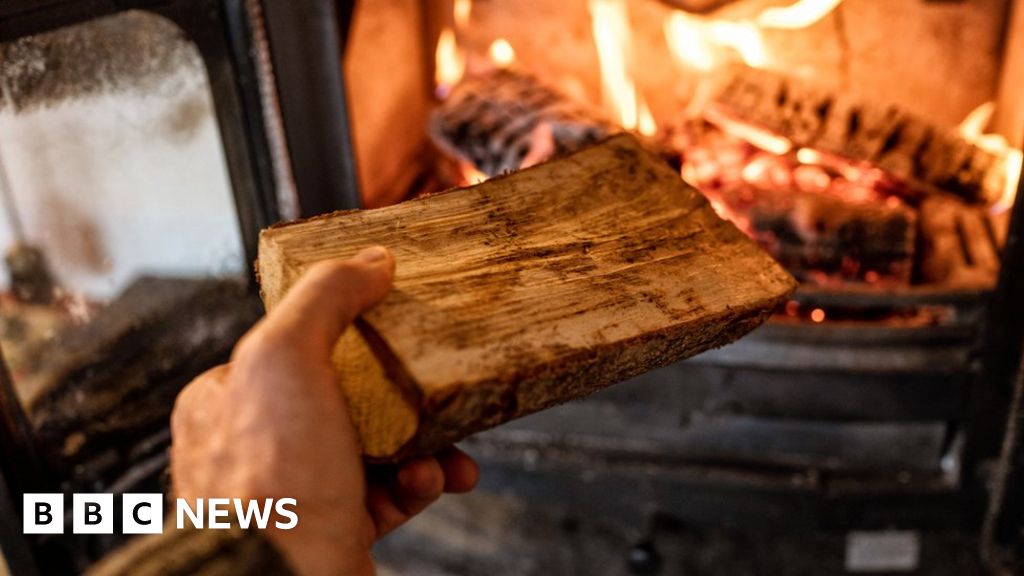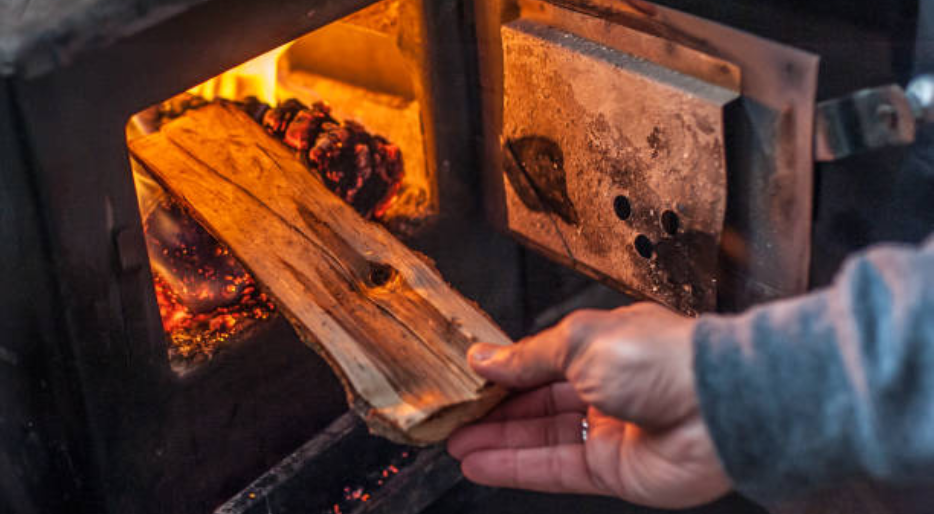Wood burning stoves – have they been banned in Scotland?

As of 2024, wood-burning stoves have not been completely banned in Scotland, but there are increasingly strict regulations aimed at reducing the environmental impact of wood burning. These measures focus primarily on reducing air pollution and promoting the use of cleaner, more efficient stoves and fuels.
### Regulations and Measures
In 2022, the Scottish Government introduced regulations designed to improve air quality by curbing harmful emissions from domestic burning. These regulations align with broader UK initiatives to reduce pollution from solid fuels and promote cleaner heating technologies. Some key aspects include:
1. **Sales of Certain Stoves and Fuels**: New regulations introduced under the **Clean Air (Scotland) Act** 2020 make it illegal to sell the most polluting stoves or open fires. This includes stoves that do not meet strict emission standards. In 2022, the sale of new coal and wet wood was also restricted, following growing concerns over particulate matter and carbon emissions.

– **Wet wood** refers to wood that contains more than 20% moisture. Burning wet wood releases more pollutants and is less efficient, making it a significant contributor to air quality problems.
– The sale of wet wood has been banned for use in certain circumstances, and wood merchants are now required to sell wood that is properly seasoned or dried to reduce emissions.
2. **Air Quality Zones**: In some areas, particularly urban regions with high levels of pollution, the use of wood-burning stoves is being more heavily regulated. These zones focus on areas where air quality exceeds safe levels of particulate matter (PM2.5). In the future, more areas may be designated as “no-burn” zones for domestic wood burning.
3. **New Stove Standards**: Wood-burning stoves sold after 2022 must meet more stringent emissions standards under **Ecodesign** regulations, which are part of a broader European and UK-wide effort to reduce emissions from solid fuels. These standards are designed to ensure that the stoves are cleaner and more efficient, with lower particulate matter and other pollutants released into the atmosphere.
### Impact on Households
These regulatory changes have raised concerns among some homeowners who rely on wood-burning stoves for heating, particularly in rural areas or in homes off the gas grid. However, the regulations are not an outright ban. Instead, they aim to encourage the use of cleaner, more efficient stoves and promote sustainable practices.
To help consumers comply with the new rules, the Scottish Government has provided guidance on the proper use of wood-burning stoves, including recommendations for regular maintenance, ensuring that stoves are burning dry, seasoned wood, and discouraging the use of untreated wood or household waste. Many stove retailers and suppliers are also helping by offering products that meet the new standards.
### Public Health and Environmental Considerations
Wood-burning stoves can significantly contribute to local air pollution, particularly in areas with high levels of domestic burning. Wood smoke contains harmful pollutants, including particulate matter (PM2.5), carbon monoxide, volatile organic compounds (VOCs), and nitrogen oxides, all of which can negatively impact health, particularly for vulnerable populations such as children, the elderly, and those with pre-existing respiratory conditions.
In urban areas, where wood burning is more concentrated, the pollution can worsen existing problems with air quality. As a result, the Scottish Government’s push for cleaner stoves and fuels is part of a broader strategy to improve public health and meet national and international environmental targets.
### Conclusion
While wood-burning stoves have not been banned in Scotland, the introduction of tighter regulations aims to reduce their impact on air quality and the environment. Homeowners are still able to use wood-burning stoves, but they must ensure their stoves are compliant with new standards and use appropriate fuels. These steps are intended to strike a balance between providing a traditional heating source and mitigating the negative effects of air pollution. As the Scottish Government continues to prioritize climate action and public health, further regulations may follow in the coming years.


